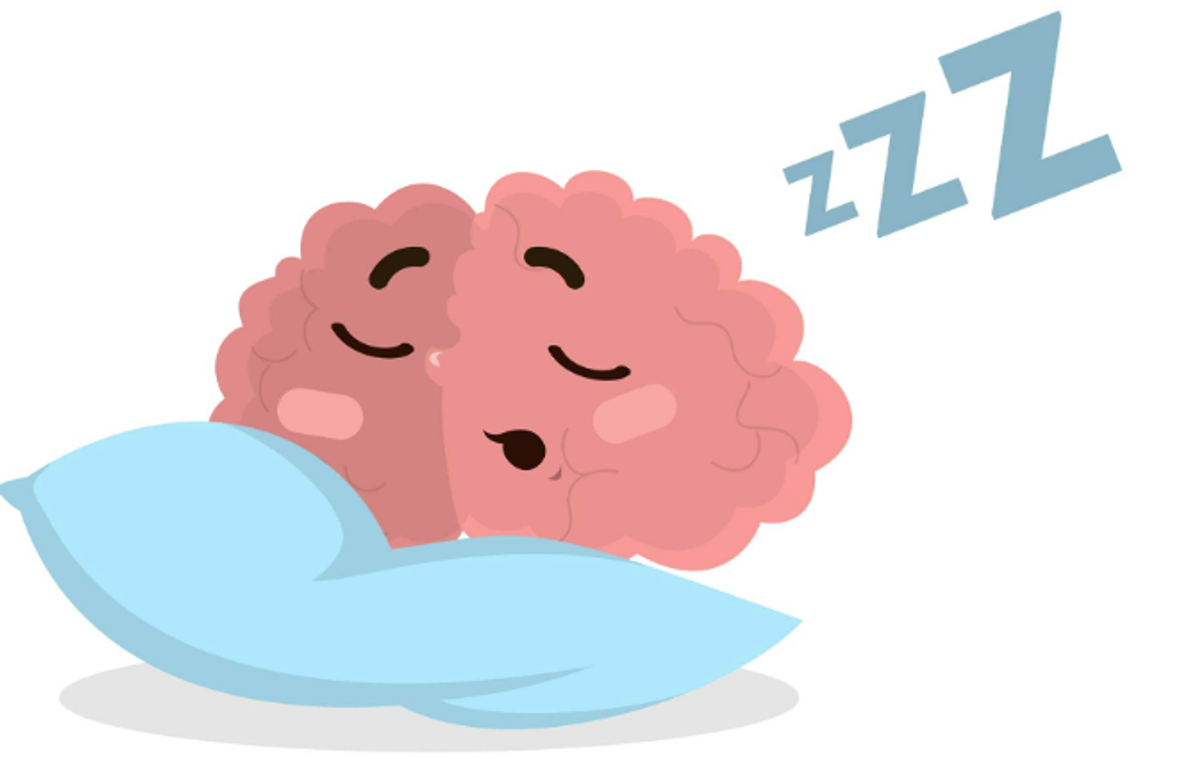Student Welfare and Wellbeing News
School Wide Positive Behaviour Support and Respective Relationships News

Student Welfare and Wellbeing News
School Wide Positive Behaviour Support and Respective Relationships News
The implementation of the CSPS Safety 4 is well underway with all classes participating in the lessons. Students and staff are using the language of this program out in the yard.
Early next term a podcast (our first!) about the PREVENTION 4 will be coming or via Compass and our Facebook page. Stay tuned!
Has your child got a Safety 4 plan? What strategies do they know on the 'Road to regulation?' One of the first lessons of the year is spent discussing Safety 4 plans. This means that your child has a Safe Place, Safe Person and a Safe Token to use at school. They also know how to check themselves and know what Zone they are in. Your child should also have some strategies to help them regulate and return to the Green Zone. Have a chat to your child and see what your strategies could be.


While we know sleep is essential for good health, research shows that many children and young people are not getting enough sleep on school nights. This can affect thinking, concentration, memory, reaction times and mood.
Research shows about 12% of primary school-aged children, a quarter of 12- to 15-year-olds and half of 16- to 17-year-olds don’t get enough sleep on school nights. The recommended amount of time to sleep for primary school-aged children is 9 to 11 hours. For teenagers, it’s 8 to 10 hours.
Signs that your child is not getting enough sleep can include:
You can help your child to improve their sleep by:
If your child is still having trouble sleeping, has persistent problems with low mood, excessive daytime sleepiness, restlessness in bed, severe snoring or wakening unrefreshed, despite getting adequate length sleep, they should see a doctor.
For more information on sleep health, you can refer to: